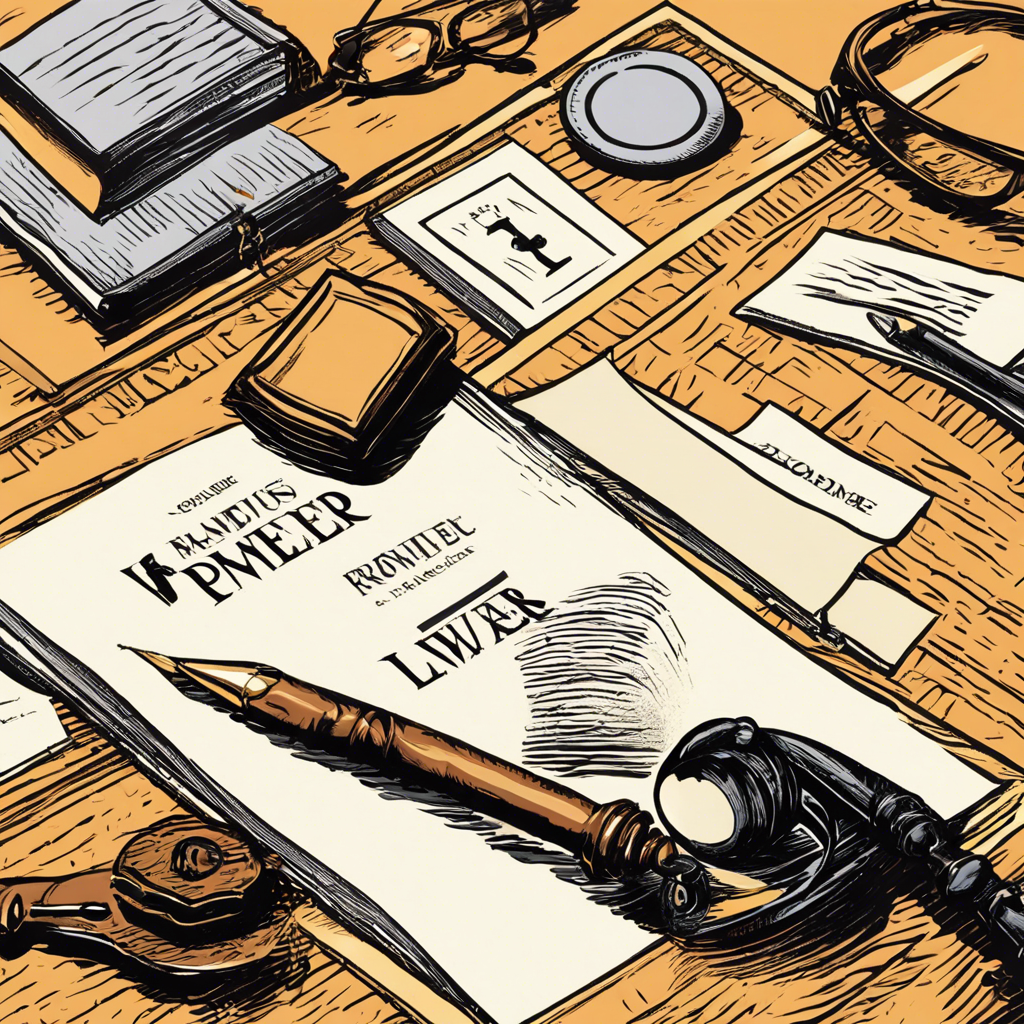Sure, I will write the article as per your instructions:
The relationship between a lawyer and their client is a sacred and confidential one, protected by the concept of lawyer-client privilege. This fundamental legal principle ensures that clients can confide in their attorneys without fear of their private information being disclosed. Lawyer-client privilege is a cornerstone of the legal system, promoting trust and encouraging full disclosure, which is essential for effective legal representation. But what exactly does this privilege entail, and how does it work?
Lawyer-client privilege is a legal concept that protects confidential communications between a lawyer and their client. This means that any information shared between a client and their attorney, whether in writing, verbally, or through other forms of communication, is considered privileged and cannot be disclosed without the client’s consent. The purpose of this privilege is to create a safe and secure environment for clients to discuss their legal matters openly and honestly, enabling lawyers to provide the best possible representation. It encourages clients to share all relevant facts, including sensitive or potentially incriminating information, so that lawyers can offer advice and build a robust defense strategy.
**The Scope of Privilege:**
This legal privilege applies to a broad range of communications, including meetings, phone calls, emails, letters, and even text messages. It covers not only the content of these communications but also the very fact that they took place. For instance, if a client emails their lawyer about a potential lawsuit, the existence of that email and its content is protected. However, it’s important to note that this privilege is not absolute and has its limitations.
The lawyer-client privilege only applies to communications made in confidence and for the purpose of seeking or providing legal advice. For example, if a client discusses their legal matters with their lawyer at a coffee shop where others might overhear the conversation, this may not be considered privileged. Similarly, if a client consults their lawyer about non-legal issues, such as business advice, these discussions may not be covered by the privilege.
Another crucial aspect is that the client holds the privilege, not the lawyer. This means that only the client has the right to waive the privilege and allow the information to be disclosed. Lawyers are ethically bound to maintain client confidentiality, even if they no longer represent the client or if the client passes away.
In conclusion, lawyer-client privilege is a critical aspect of the justice system. It fosters trust, encourages full disclosure, and ensures that lawyers can provide the best possible representation for their clients. However, it is essential for clients to understand the scope and limitations of this privilege to ensure their legal matters remain protected.

